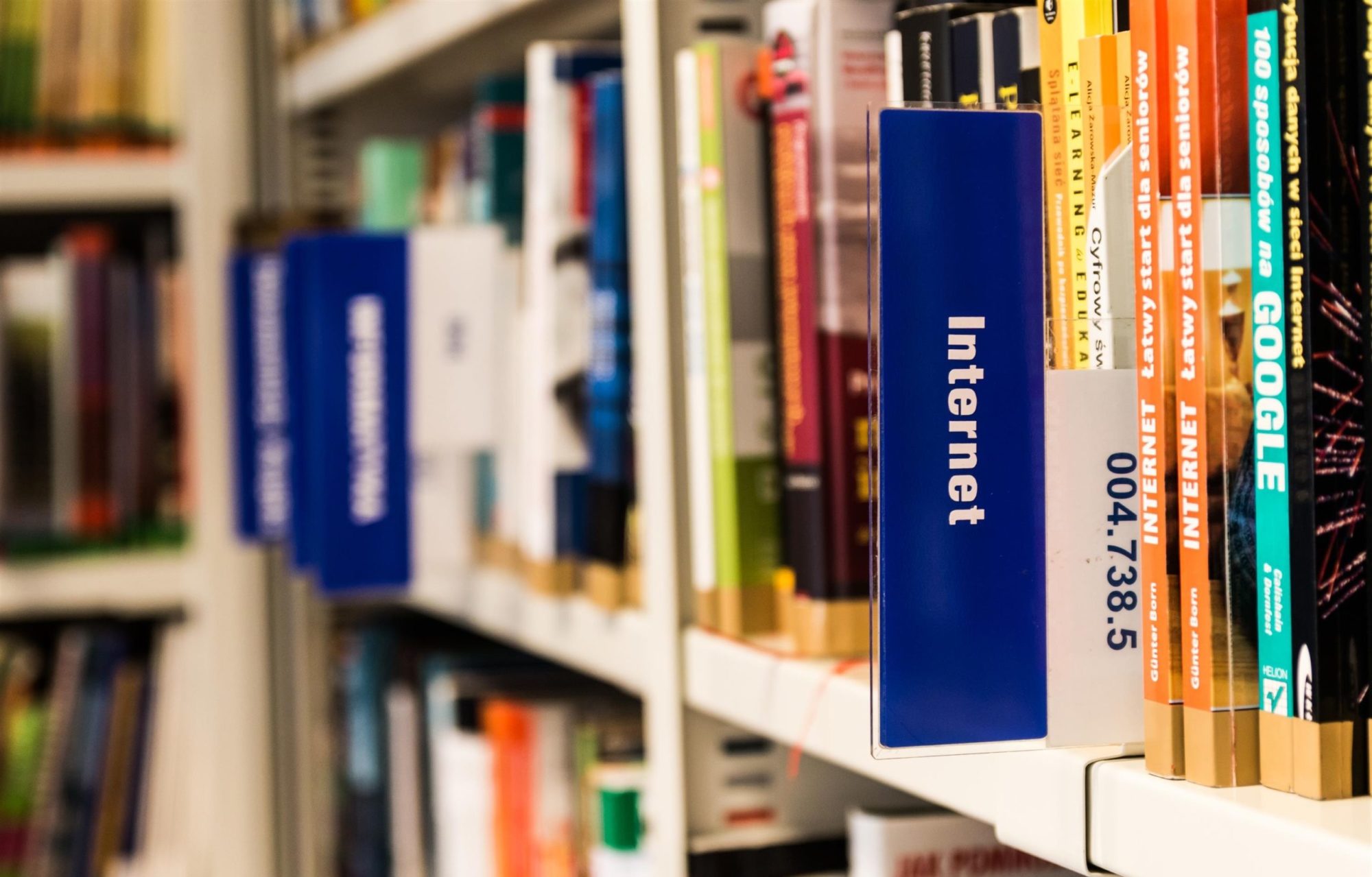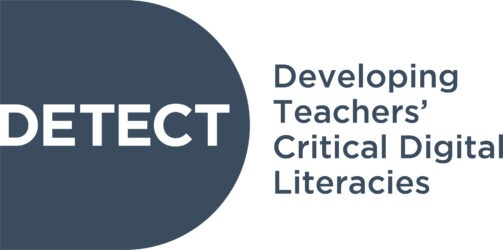This resource is a video lecture where the researchers Liisa Ilomäki and Minna Lakkala from the University of Helsinki The length of the video is 9.27 minutes.
Video explanation Digital Citizenship dimension
Maria Ranieri from University of Firenze explains the Digital Citizenship dimension from the DETECT project framework.
Critical Digital Literacies Framework
The Critical Digital Literacies framework for educators aims to capture the various dimensions and sub-dimensions of critical digital literacies which are vital for educators and students living, teaching and learning in a digital world.
Read the Framework here.
Guides for teen
These educational tools for students aim at raising awareness on the violent contents of media and promoting civic engagement and media/digital literacy. They have been developed under the project e-EAV (e-Engagement Against Violence), supported by the DAPHNE-programme 2012-2014.
About the project
“The project looked at the pronounced populist and racist movements and groups in seven European countries, i.e. Austria, Belgium, Bulgaria, France, Italy, Great Britain, Slovenia.
The project analysed media and their use by populism actors. It looked into communication strategies of movements and their messages directed against “the Other”. The aim was to contribute to empowerment of youth and of teachers in counteracting racism”
Meet – Media Education for Equity and Tolerance project
This is a toolkit designed and implemented under the project MEET (Media Education for
Equity and Tolerance), an Erasmus+ project. The main aim of MEET is to promote a critical and intercultural understanding and an aware use of media among young citizens in multicultural public schools and democratic societies.
The toolkit includes: a theoretical background, 3 videos and a set of pedagogical guidelines for supporting teachers in the design of inclusive and situated media education activities.
These can be used by teachers as a self-training tool, as a teaching resource and as a design tool.
The Learning Scenarios developed in this project could be adopted in teachers’ classrooms and the guidelines permits to understand how to adapt them to local context or how to create new ones

